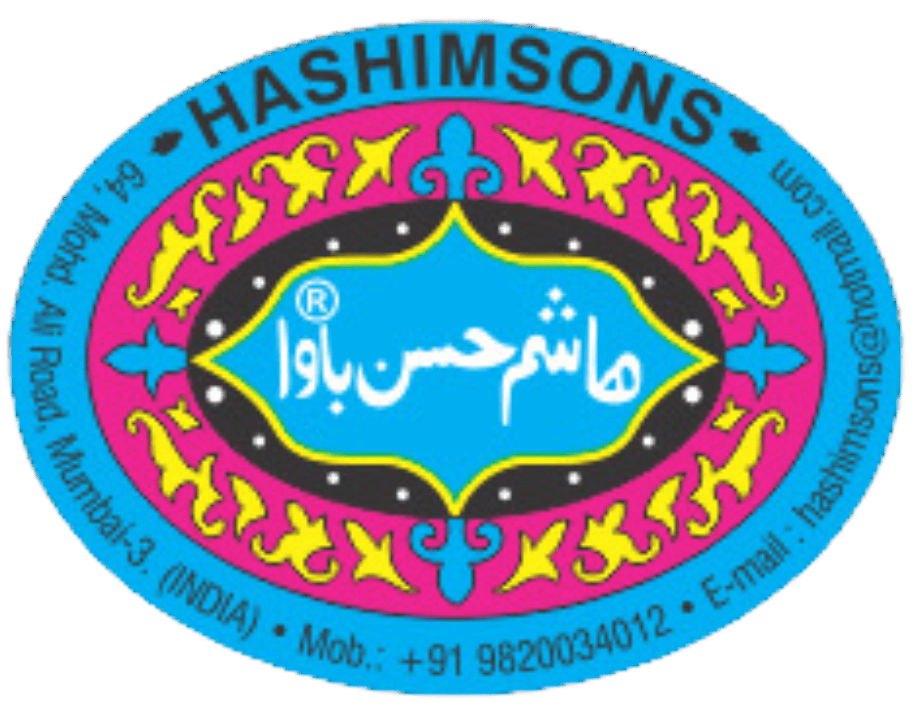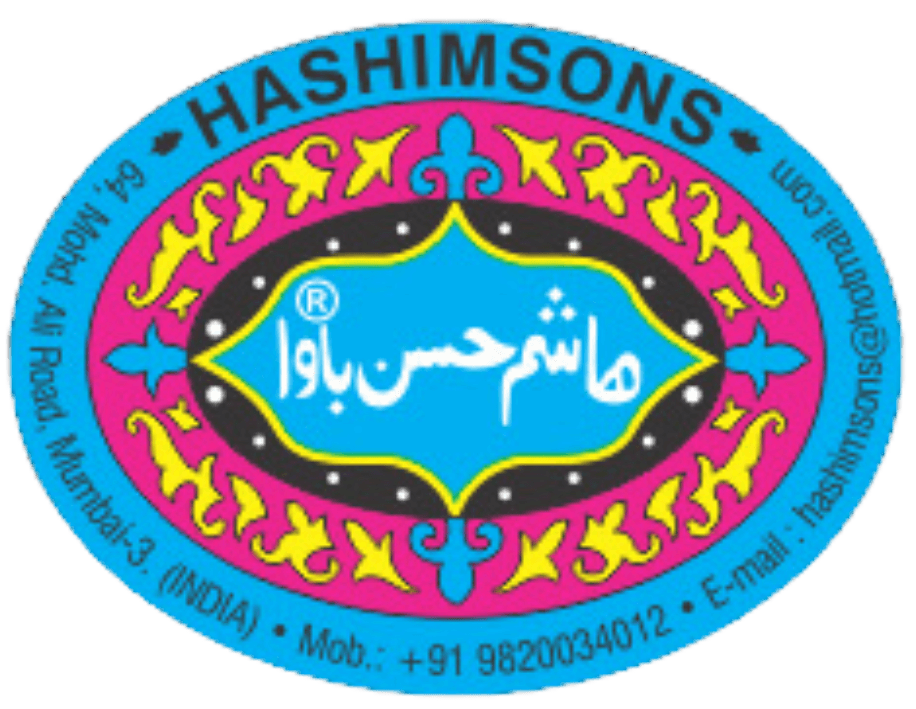The textile industry has long faced challenges related to its environmental impact. However, sustainability is becoming a central focus, with brands and manufacturers adopting eco-friendly practices that benefit both the planet and their business.
Eco-friendly Materials
Sustainable textile manufacturing starts with the materials. The industry is shifting away from conventional fabrics like polyester and nylon, which take centuries to decompose, to more sustainable alternatives. Organic cotton, hemp, and bamboo are gaining popularity due to their minimal environmental impact. Additionally, recycled fibers, such as recycled polyester and nylon from post-consumer waste, are being used to create new fabrics, helping reduce waste.
Water Conservation
Water is a critical resource in textile production, particularly in dyeing and finishing processes. Innovations like waterless dyeing technologies and closed-loop systems are reducing water usage in manufacturing. Brands are also exploring alternative dyeing methods that use fewer chemicals and water, ensuring that water usage is minimized while maintaining fabric quality.
Waste Reduction
Reducing waste is another critical aspect of sustainable textile manufacturing. By using techniques such as zero-waste pattern making and recycling fabric scraps, manufacturers are decreasing the amount of textile waste that ends up in landfills. The growing trend of upcycling and repurposing old garments into new products is also helping reduce waste and extend the lifecycle of textiles.
Ethical Labor Practices
Sustainability goes beyond just environmental concerns. Ethical labor practices are becoming increasingly important in the textile industry. Brands are investing in fair labor practices, ensuring workers are paid fairly, provided with safe working conditions, and treated with respect. This focus on ethics is driving transparency in the supply chain and fostering stronger relationships between manufacturers, suppliers, and consumers.
Sustainability in textile manufacturing is no longer just a trend—it’s a responsibility. As consumers demand eco-conscious products, companies that embrace sustainable practices will lead the charge toward a greener, more ethical future for the industry.


